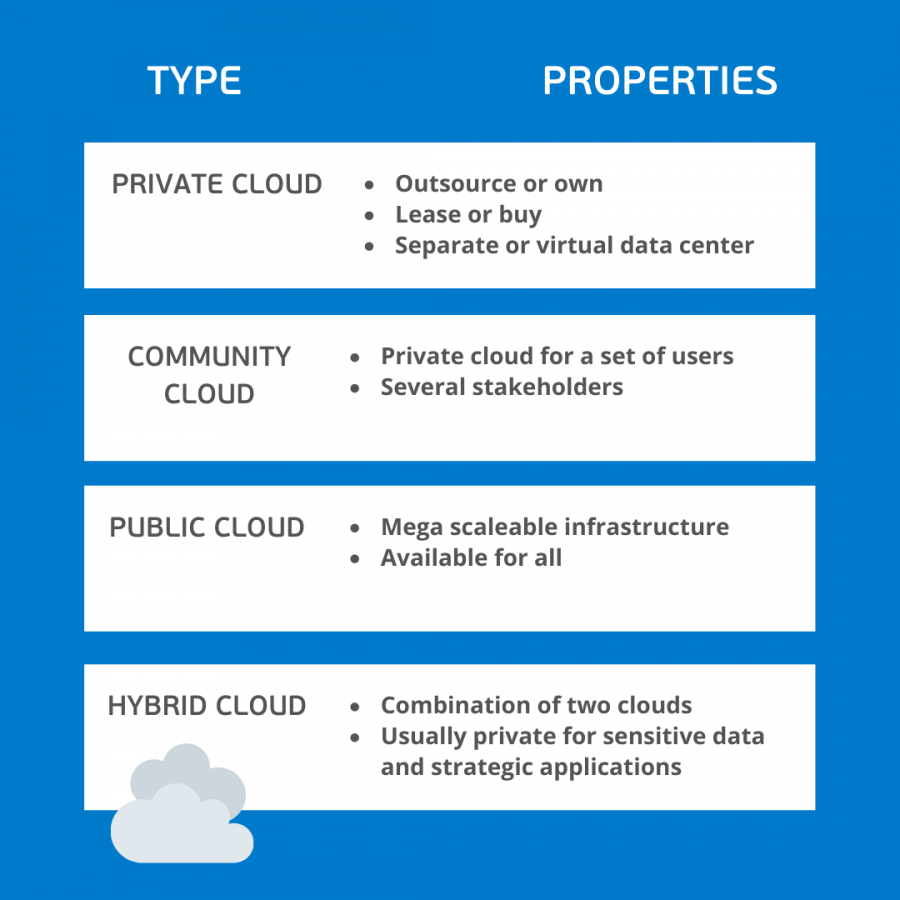
SSL certificates that are free can help you secure your site and keep all of the data encrypted. Also, they improve your search engine rank and make your site appear more professional. You should know a couple of things before buying one for your site.
SSL Certificates for Free
A SSL certificate is a must for anyone who owns or manages a web site. No matter if you are running a business or a blog, it is important to ensure that your site is safe from hackers. Using a free SSL certificate is the ideal way to do this, though there are some disadvantages to consider as well.
Limit Use
Typically, free SSL certificates aren't the best choice for businesses that collect any personal information from visitors or use a payment gateway on their websites. Dedicated business people who want to protect their client data should opt for Organization Validated certificates (OV) and Extended Validation (EV), which require a much more rigorous verification process.
Short Validity Period
Most free SSL certificates only last 90 days and need to be renewed regularly. If you don't want to do this, try a provider that offers a 90-day free trial or has a set-it-and-forget-it renewal option.

Insufficient Technical Support
Many free SSL certificates do not offer detailed technical support. You will have to rely on online forums in order to resolve any issues that may arise. It can be frustrating for those who require more personalized support, particularly if they are new to the internet or have never used SSL certificates before.
Renewing Your Device & Tech Assistance
Another drawback to free SSL is that most of them need to be renewed frequently. While some providers like Bluehost offer a "set-it-and-forget-it" renewal option, other providers will ask you to renew your certificate every 90 days.
This is a big problem for those that have multiple domains. They want to secure each one with a certificate. Many free SSL providers offer automatic renewals, which can save you both time and effort.
Let's Encrypt
Let's Encrypt is a free SSL certificate provider funded by major brands and organizations such as Cisco, Facebook, Shopify, and IBM. Their mission is to create a more secure and privacy-respecting web, and they've made it easier than ever to protect your website with an SSL certificate.
Wildcard certifications, recently introduced by the company, are able to protect multiple sub-domains with a single cert. These certificates only last 90 days but can be easily renewed.

Cloudflare
Cloudflare began offering universal SSL to its customers in September of 2014. This SSL option will share certificates across all domains on the domain's account. It ensures that all web pages are HTTPS protected. This option also comes with CDN and security features that will make your site faster.
Cloudflare provides excellent customer support, and its free SSL certs are compatible across all major browsers. Cloudflare allows you to copy your website content to a server outside and then use this data to deliver it in a secure way.
FAQ
Which website builder should I use?
A small website is the best way to build a successful web presence. If you have the time and resources to build a full-blown site, then do so. If you don't have the resources to build a full-fledged site, a blog may be the best choice. As you become proficient in web design and development, you can add features as needed.
However, before you create your first website you need to set up a primary URL. This will provide you with a point of reference when you publish content.
What is responsive web design?
Responsive Web Design, also known as RWD, is a way of designing websites so that content displays on all devices. This includes desktop computers, tablets (tablets), smartphones, etc. This allows users the ability to view a website simultaneously on different devices and still have access to other features like navigation menus, buttons, and so forth. The goal of RWD is to ensure that when a user views a site on any screen size, they view the exact version of the site.
Consider, for instance, that you're building a website for an eCommerce company and your products are sold primarily online. It is important to ensure that your website can be accessed on any device, including a smartphone.
A responsive website will adjust its layout automatically based on what device is used to view it. So, viewing the site on your laptop will look like a standard desktop website. But, the page will appear differently if you view it on your phone.
This means that you can create one website that looks great across all devices.
What is a UI designer?
An interface designer (UI) creates interfaces for software products. They design the visual elements and layout of an application. Graphic designers may also be part of the UI designer.
The UI Designer needs to be a problem solver and have a good understanding of how people use computers.
A UI designer should be passionate about technology and software development. He/she should be familiar with all aspects in the field, from creating ideas to implementing them into code.
They should be able to create designs using various tools and techniques. They should be able problem solve and think creatively.
They must be organized and detail-oriented. They should be able develop prototypes quickly, efficiently and accurately.
They should be comfortable working with clients, both large and small. They should be able, and willing, to adapt in different environments and situations.
They should be capable of communicating effectively with others. They should be capable of communicating clearly and concisely.
They should be well-rounded and possess strong communication abilities.
They must be driven, motivated, and highly motivated.
They should be passionate about their craft.
Statistics
- It's estimated that chatbots could reduce this by 30%. Gone are the days when chatbots were mere gimmicks – now, they're becoming ever more essential to customer-facing services. (websitebuilderexpert.com)
- It enables you to sell your music directly on your website and keep 100% of the profits. (wix.com)
- In fact, according to Color Matters, a signature color can boost brand recognition by 80%. There's a lot of psychology behind people's perception of color, so it's important to understand how it's used with your industry. (websitebuilderexpert.com)
- Studies show that 77% of satisfied customers will recommend your business or service to a friend after having a positive experience. (wix.com)
- Did you know videos can boost organic search traffic to your website by 157%? (wix.com)
External Links
How To
What is website hosting?
Website hosting is the place where visitors go to visit a website. There are two types.
-
Shared hosting - This is the cheapest option. Your website files are stored on a server that is owned by another person. Your customers' requests travel via the Internet to your server when they visit your site. You then receive the request from the owner of the server.
-
Dedicated hosting - This is the most expensive option. Your website resides entirely on one server. No other websites share space on the server, so your traffic stays private.
Because shared hosting is more affordable than dedicated hosting, most businesses opt for it. When you use shared hosting, the company that hosts the server gives you the resources to run your site.
Each option has its pros and cons. Here are the differences:
Shared Hosting Pros
-
Lower Cost
-
It's easy to set up
-
Frequent Updates
-
It can Be Found On Many Web Hosting Companies
Shared hosting is often as cheap as $10 per month. Keep in mind, however, that bandwidth is usually included in the price. Bandwidth refers to the amount of data you can transfer across the Internet. You may have to pay extra for large amounts of data, even if your blog only contains photos.
You'll soon discover why you paid so much more for your previous host when you get started. Most shared hosts have very poor customer support. Although their techs may help you with setting up your site, it's not a common practice.
Look for a provider who offers 24/7 phone support. They will help you deal with any issues that arise while your sleeping.
Cons of dedicated hosting
-
More Expensive
-
Less is More
-
Requires Special Skills
With dedicated hosting, everything you need for your website is at your fingertips. You don't need to worry about bandwidth usage or RAM (random access memory).
This means that you will have to pay a little more upfront. However, once your business goes online, you'll discover that you don’t need as much technical support. You'll be able to manage your servers effectively.
Which is better for my business?
The answer will depend on the type and purpose of your website. If you only want to sell products, then shared hosting might be the best choice. It is simple to set up and easy to maintain. You'll probably receive frequent updates because you are sharing a server hosting many other sites.
If you are looking to create a community around your brand, dedicated hosting is the best option. You can focus on building your brand without worrying about handling your traffic.
If you're looking for a web host that offers both options, we recommend Bluehost.com. They offer unlimited data transfers per month, 24/7 support and free domain registration.